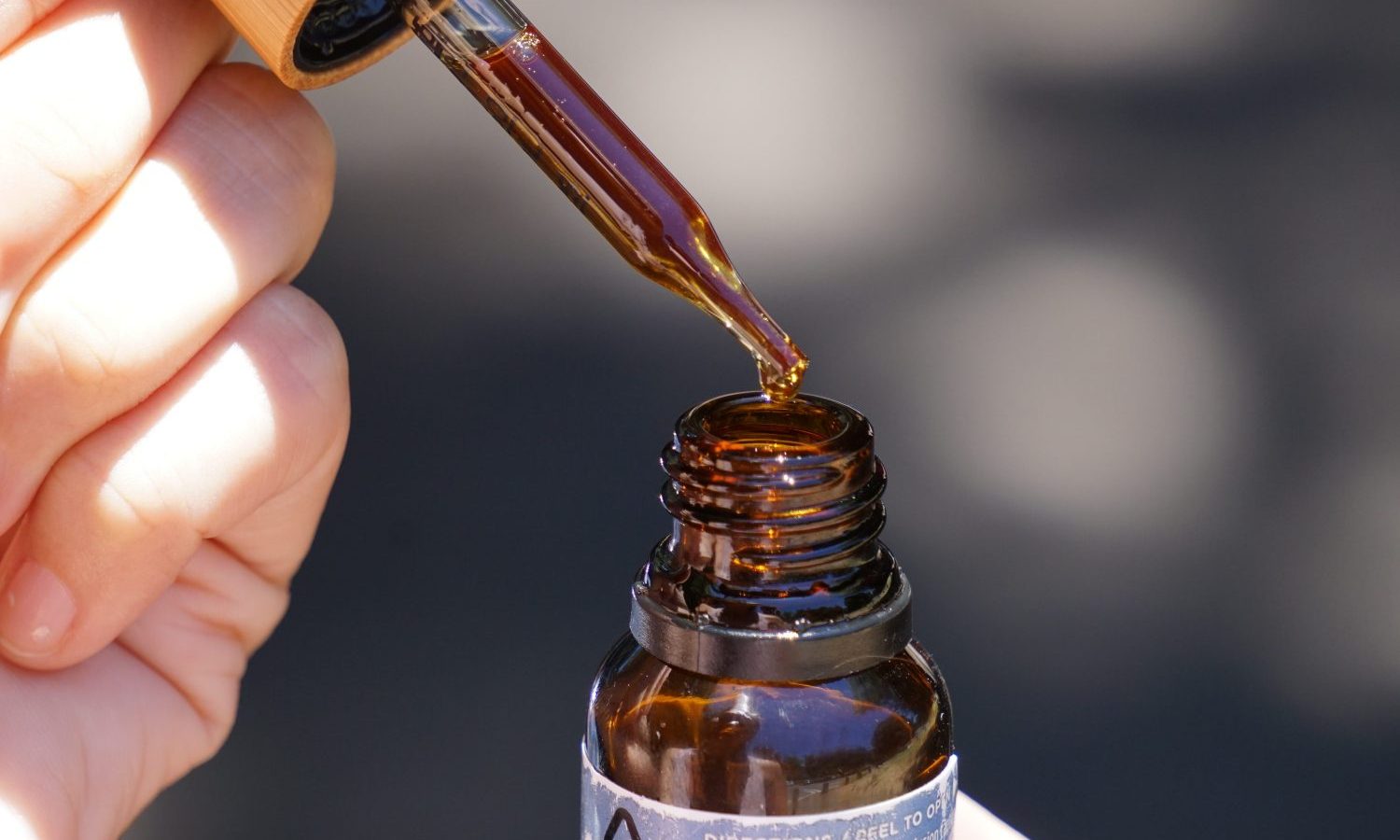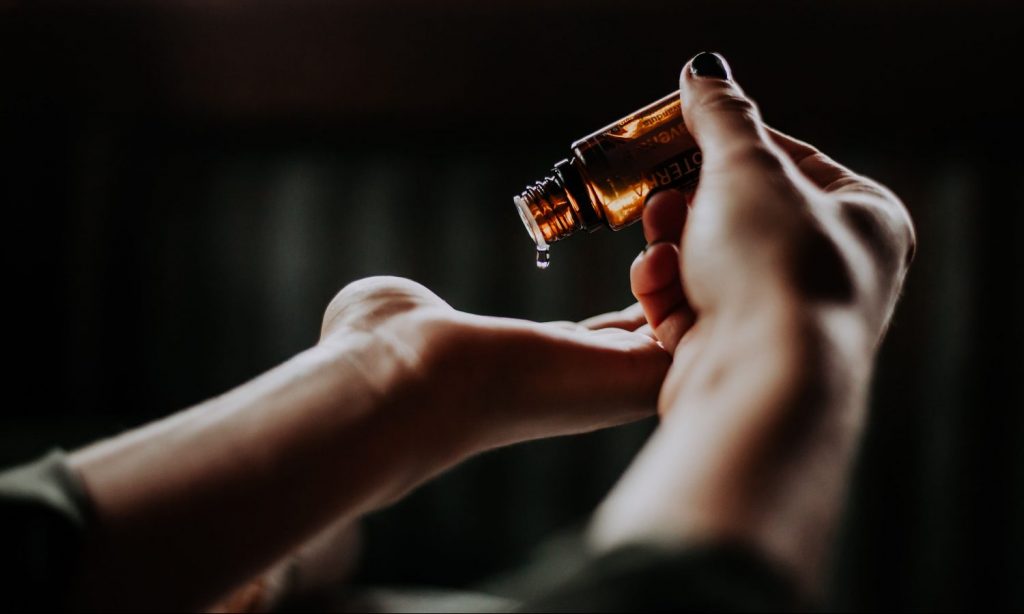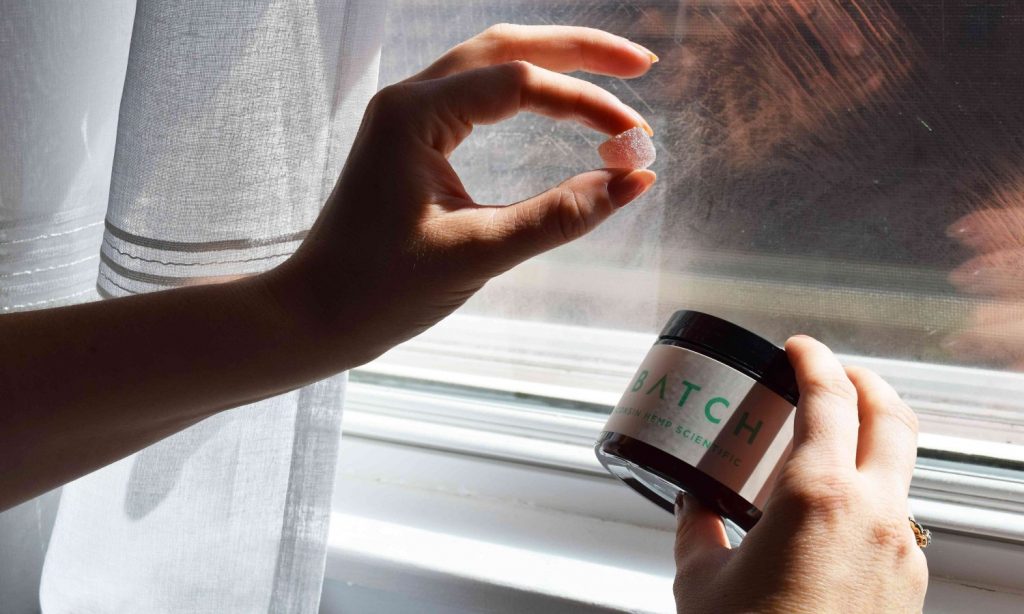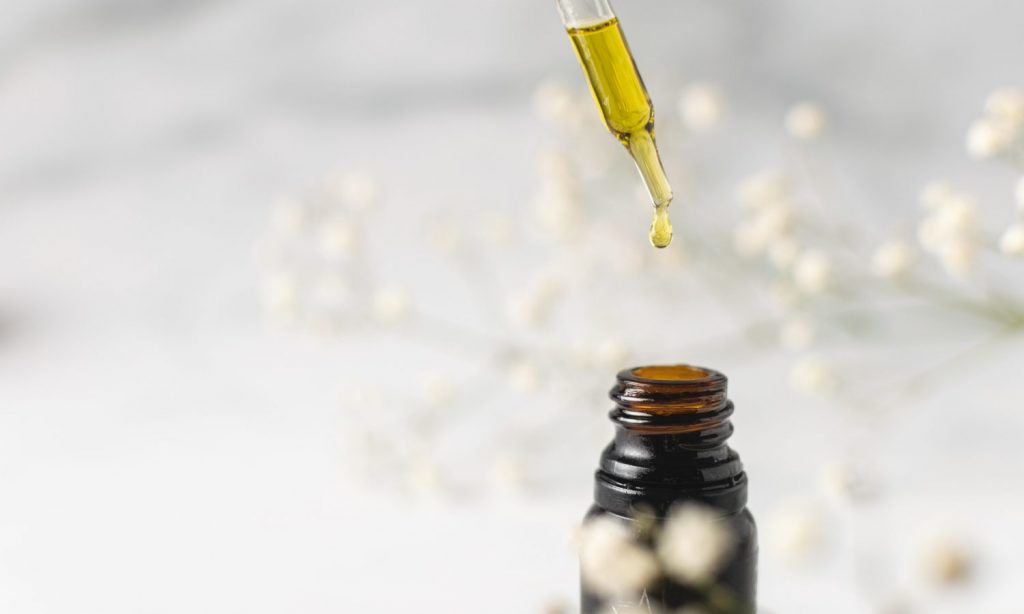
Disclaimer:The views expressed in this article solely belong to the author and do not necessarily represent those of The Fresh Toast.
Let me begin by acknowledging that I have “conflicts of interest” on this topic (explained below). But did you know that cannabis is a “substance in marijuana”?? Yep. There it is on the first line of a new report How Safe Is CBD? from the National Center for Health Research.
I am desperately trying to find out if cannabis is also present in ganja, weed, or grass. Pardon the sarcasm, but here we go again.

There is a new group, Consumers for Safe CBD, which is “a program of the National Consumers League. The National Consumers League (NCL) is America’s original consumer advocacy organization.”
That means they have been around long enough to know better.
Here are their 4 Suggested Solutions to their perceived problems with CBD:
ONE
WARN THE PUBLIC OF THE DANGERS OF THE CBD MARKET
Untested, unapproved CBD products may pose a growing public health threat. This is a rapidly growing consumer market composed of CBD products that – unlike prescription drugs, over-the-counter medications, cosmetics, or food products – has been operating outside the scope of federal law and regulation. Nearly all of these products:
- Have not been scientifically tested for safety and efficacy. (True, but see 10 dangerous drugs recalled by the FDA Also, note that FDA has not cooperated with testing cannabis under marijuana prohibition.)
- Have labels that may or may not be accurate in terms of lists of ingredients and potency. (Fraud is fraud.)
- May include ingredients that have not been verified by reliable third parties for purity and potency. May? Yep.
- Are illegal under the Federal Food, Drug and Cosmetic Act. (Yep. Like medical marijuana?)
SOLUTION:
The FDA should warn the public about the dangers of unapproved, untested, illegal CBD products. Like this from December of last year: FDA Warns Companies Illegally Selling CBD Products
TWO
ENFORCE EXISTING REGULATIONS REGARDING LABELING AND INGREDIENTS
Mislabeling is common with CBD products. In a 2020 report to Congress, FDA found more than half of the tested products were mislabeled. And consumers utilizing unapproved CBD products run the risk of encountering harmful contaminants. Independent testing of the 240 top-selling CBD products found that 70 percent were contaminated with substances including lead, arsenic, herbicides, pesticides, and toxic mold.
SOLUTION:
The FDA should curtail the proliferation of potentially dangerous, unapproved CBD products by using its existing legal authority.
(Do they mean the FDA should ban CBD until the FDA can get its act together???)

THREE
DETERMINE SAFE CONCENTRATION LEVELS FOR CBD PRODUCTS
The idea that unapproved CBD products contain only the “safe” parts of the hemp plant is not always correct. The FDA’s report to Congress found that nearly 20 CBD products tested contained THC.
(Obviously, all products should be accurately labeled, and that is already the law.)
The Center for Science in the Public Interest (CSPI) and the Consumer Federation of America (CFA) recently highlighted a study showing that 18 of 84 CBD product samples tested contained THC levels sufficient to cause impairment. This heightens the risk, particularly for young children and pets. When the THC level is enough to produce intoxication or a positive result on a drug test, which has already led to some consumers unwittingly losing their jobs, it’s clear that we need greater testing and oversight.
(I have not been able to find any corroboration of this claim, but it would require consuming large quantities of CBD with high levels of THC to trigger a positive on a urine test. Dubious.)
SEE: Best CBD Brands To Try: Blue Ribbon Hemp – A Real Tested CBD Feature
Additionally, clinical testing of the sole FDA-approved CBD medication provided scientific data showing that higher levels of CBD can potentially cause liver damage or liver toxicity from cumulative use over time. (I think this is dishonest. See: “Worried About CBD Hurting Your Liver? Here’s What the Experts Have to Say” )
SEE: Almost 200,000 patients at risk from NSAID prescribing, NHS data show
According to Healthline: “While experts point out patients need to be informed about what they’re getting and what the risks can be, the amount of CBD the animals were exposed to is far higher than what most humans would take.”
In that same Healthline article, Dr. Diana Martins-Welch, attending physician in palliative medicine at Northwell Health in New Hyde Park, New York, explains that, “Many people know that taking too much ibuprofen or Tylenol can have detrimental consequences. CBD is no different. Generally speaking, therapeutic CBD doses range from 0.5 mg/kg/day to 20 mg/kg per day,”
FOUR
ENCOURAGE ROBUST CLINICAL RESEARCH INTO CBD’S POTENTIAL TO IMPROVE HEALTH AND LIVES
It is important to encourage robust clinical research into the potential of CBD so that patients will have more treatment options. The potential health benefits of CBD need to be better understood and optimized, which can only be done through clinical testing with scientifically validated methodologies.The rush of untested products to the marketplace isn’t good for public health and has discouraged legitimate companies from dedicating the time, effort, and resources needed to develop products that could be FDA-approved.

Frankly, that is utter nonsense. First, keeping CBD off the market until it has been approved by the FDA would harm the millions of people who find it helpful. So in the land of the free, home of the brave, just shut up and suffer and die until your betters have decided they have the time to determine if you can use a plant that was used as medicine for thousands of years.
Moreover, the knowledge that cannabinoids could be helpful was not discovered by the FDA or the pharmaceutical industry. It was discovered in the unregulated, banned, criminalized black market. The booming unregulated market has not discouraged investment in cannabinoids. On the contrary. The pharmaceutical industries are pouring billions into cannabinoid research.
SEE: The Curious Case Of GW Pharmaceuticals And The Acquisition Of GW Pharmaceuticals Raises Many Interesting Questions
SOLUTION:
The FDA should incentivize CBD research, clinical trials, and the creation of new CBD treatments that are backed by science and approved by the FDA. Many people agree CBD has the potential to improve lives, but research and clinical data are needed to move the industry forward in the right direction.
Now for my conflict of interest. Yes, I am in the CBD business. But I am also in the CBD testing business. Over a year ago we set up a companywww.RealTestedCBD.com to meet the very real need for greater confidence in CBD products. We managed to do this, motivated by the nasty old profit motive, without being approved or funded by the federal government. See: 5 Important Things To Consider Before Buying CBD.
Richard Cowan is a former NORML National Director and author of Comparison Between CBD Isolate And Full-Spectrum CBD Oil.






